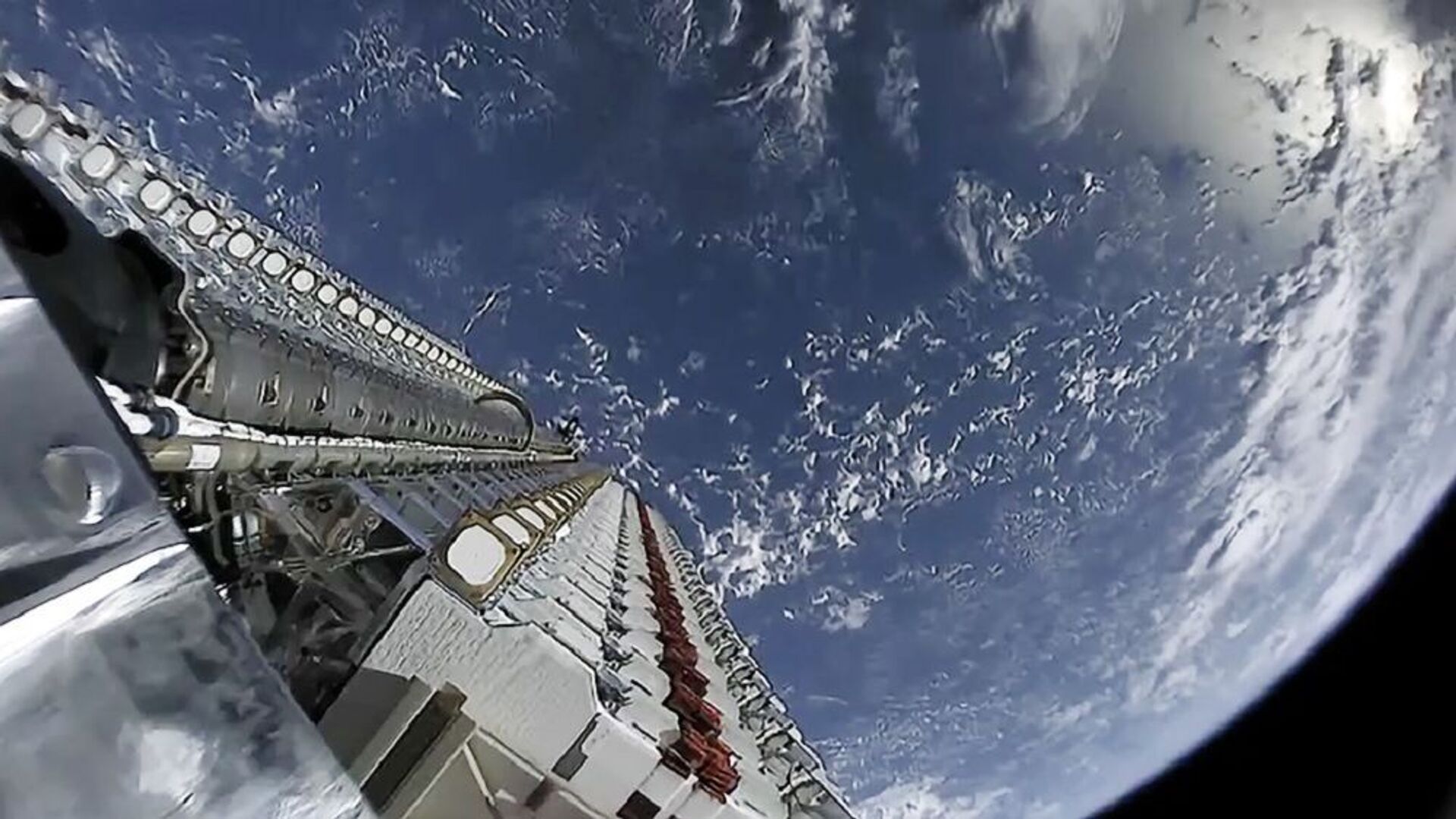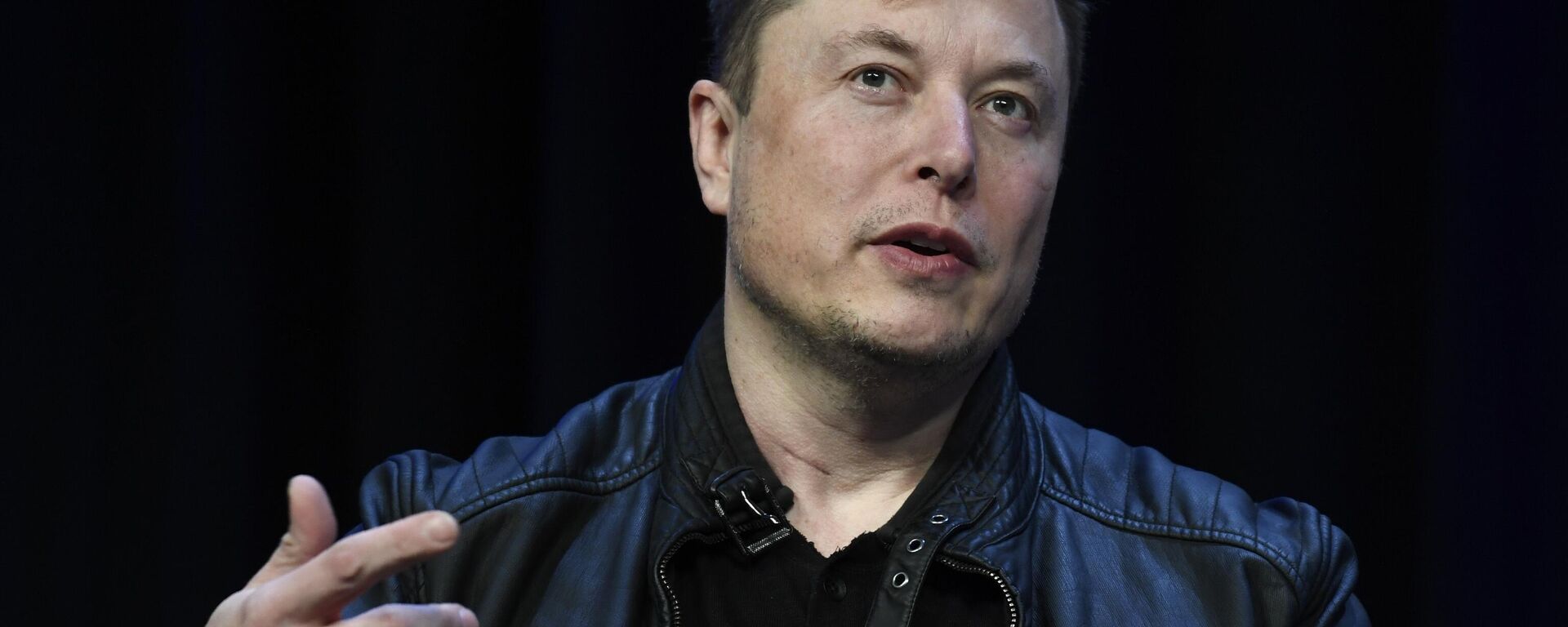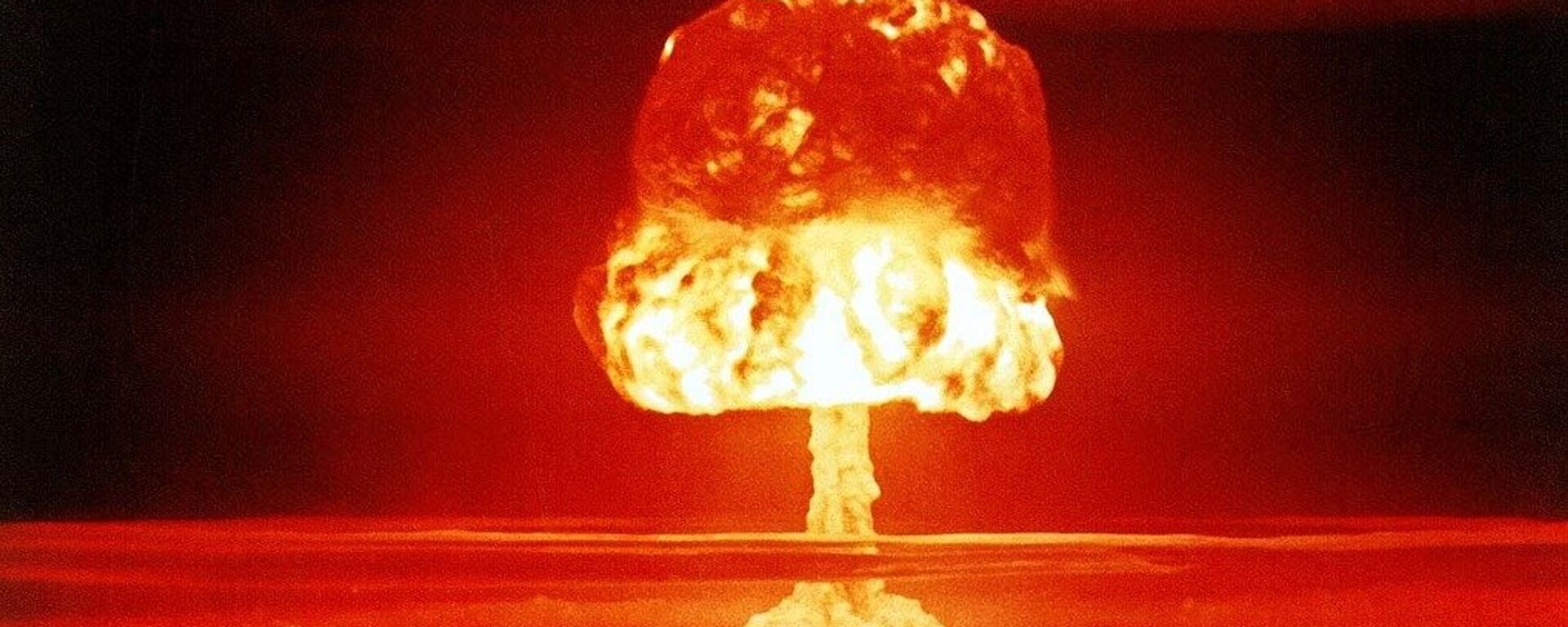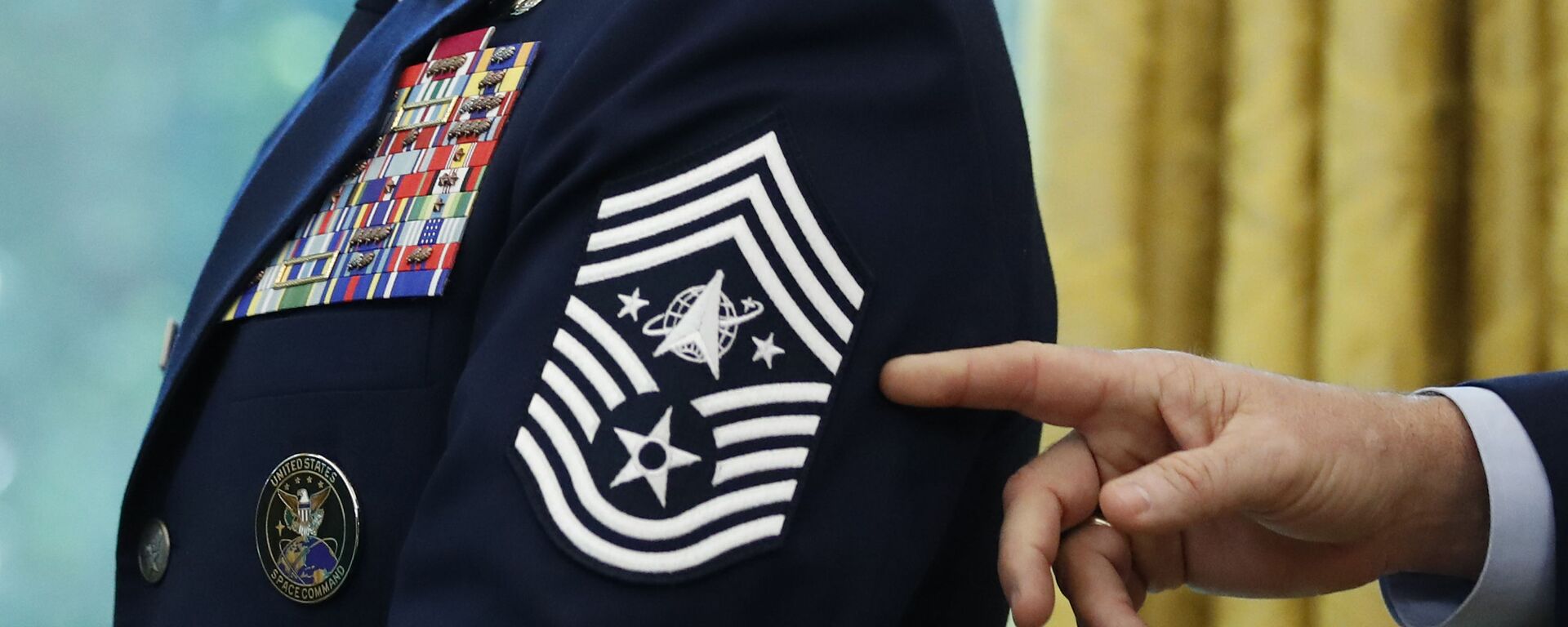SpaceX Receives Contract for Starshield, Pentagon’s Version of Starlink Satellite Network

CC0 / /
Subscribe
The Pentagon has increasingly leaned on the private sector to pioneer new high-tech tools for the US military to adopt and incorporate, creating fertile ground for firms like Elon Musk’s SpaceX to win lucrative new contracts, an expert told Sputnik.
SpaceX has received its first contract from the US military to provide satellite communications using the Starshield system, a militarized version of the Starlink internet network. Musk recently furrowed brows at the Pentagon after refusing to allow Starlink to be used by the Ukrainian military for an attack on Crimea.
Space Exploration Technologies Corp., better known as SpaceX, received a one-year, $70 million contract from the US Space Force (USSF) at the beginning of the month to begin work on Starshield, the company confirmed following reports in US media. It is one of 18 companies competing for some $900 million in contracts for the USSF’s “Proliferated Low Earth Orbit” program over the next five years.
“The SpaceX contract provides for Starshield end-to-end service (via the Starlink constellation), user terminals, ancillary equipment, network management and other related services,” Space Force spokesperson Ann Stefanek told US media.
The contract follows a June deal with the Pentagon to provide an unspecified number of Starlink ground terminals for use in Ukraine. SpaceX has cooperated with Kiev to give navigation and communications support for the Armed Forces of Ukraine since the launch of Russia’s special operation in early 2022, but the company has garnered criticism in the West for refusing to provide service in the Donbass or Crimea, territories now a part of the Russian Federation, over fears that a Ukrainian attack there could trigger a dramatic escalation.
"Why am I in this war?" Musk reportedly told his biographer, Walter Isaacson, according to a recent interview with the writer in US media. "I, you know, created Starlink so people could chill and watch Netflix movies and play video games. I did not mean to create something that might cause a nuclear war."
In that same interview, Isaacson noted that Musk created Starshield last year so he could give the Pentagon direct control over Starlink satellites.
“What he did, which I think is the right outcome, is he decided to sell and give total control over a certain amount of Starlink equipment, Starlink services to the US military so that he no longer controls the geofencing. He no longer controls the terms of use,” Isaacson said.
“And he's even created something called ‘Starshield,’ which is a military version of the Starlink satellite, and so I think that was his way of saying, ‘I got to get out of this. Even I don't believe I should have this much power,’” the biographer added.
Michael Maloof, a former senior security policy analyst in the Office of the US Secretary of Defense, told Sputnik that the Starshield project was “a natural progression” of Musk’s growing entwinement with the US military apparatus.
“It helps his overall SpaceХ business a great deal. He's able to manufacture these satellites very, very rapidly. He has the basic know-how to get it done,” Maloof said. “This is the value of work of the joint venture, if you will, between the military and the commercial sectors. It would take years for the military itself just to do that work, so it has come to rely more and more on the commercial sector to do its highly classified work based upon what its particular mission might be. And this train of satellites, Starshield, will also then be magnified into the military version of a space train of satellites that will orbit the Earth and be capable of doing whatever they need to have done in that military sphere.”
“The military was impressed with Starlink, the commercial version for communications, data processing and what-have-you. Starshield has been an outgrowth of that for specific military and intelligence programs. So this is just the initial cut, and I'm sure it will expand very, very rapidly, because that technology is readily available commercially, rather than the Defense Department going through an entire research and development process,” Maloof explained, adding that the Pentagon would be able to modify the satellites as it desires, such as encrypting them.
“Space is the fastest growing area right now in the defense budget. And it's just going to increase because that's basically where warfare is taking us these days. And both Russia and China, and other countries that have growing space capabilities, are now seeing where they're going to be heading in the future for communications, for target acquisition and locations, very, very rapidly. And as a consequence, it's naturally going to lead to more of an SDI or ‘space defense initiative’ that will grow from that to protect those satellites over time,” he said.
Maloof said he thought Musk’s standing with the US military sphere would “inevitably expand” after getting the Starshield contract.
“Having come up with this concept for fast communication data access and the ability for laser communication among the satellites themselves as they're orbiting the Earth is phenomenal,” he said of Musk. “He can build upon that technology, and I'm sure technically he has the people and wherewithal to expand that. I see an expansion rather than any retraction.”
“The space program in the military has become one of the fastest-growing areas today, and I think Russia and China have recognized that because they're doing their own. So it's not just the US in this business. And in some respects, the US is behind what Russia and China have achieved just in hypersonics, so space has become the new thing now, and I think we're going to see that there’s nowhere to go but up, as far as increasing in missions and in complexity and certainly in spending.”




